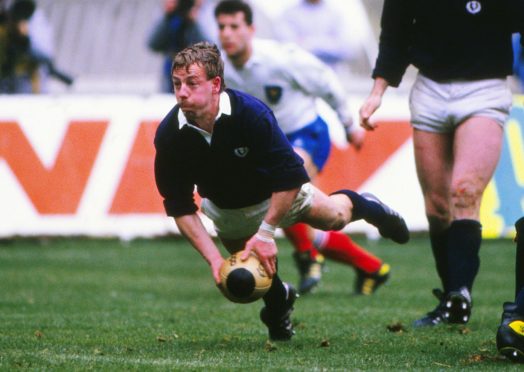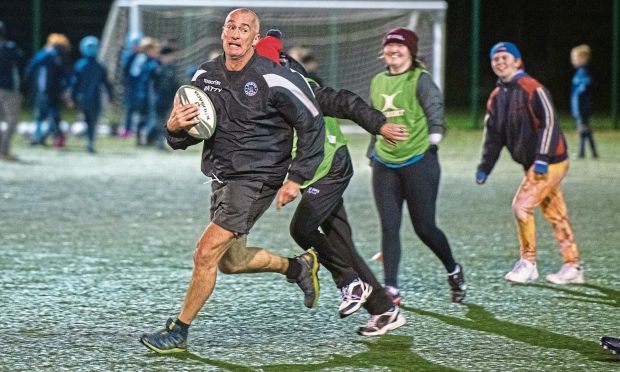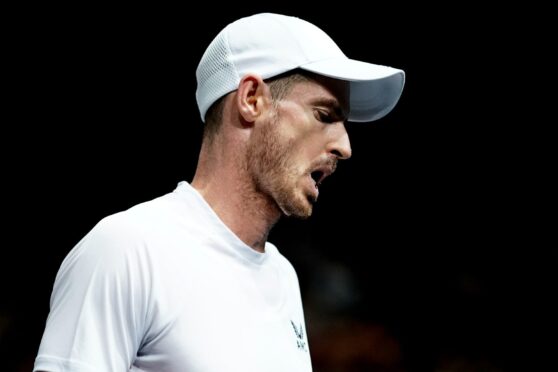Scotland Grand Slam legend Roy Laidlaw has revealed he is suffering from dementia and believes head knocks throughout his career with Scotland and the Lions are the cause.
The great scrum-half, now 67, says he has “no regrets whatsoever” about his illustrious career being the likely cause of his suffering from Alzheimers. Repeated head injuries in sport such as those suffered by Laidlaw in his career have been identified in multiple medical studies as a cause of dementia in later life.
The Jedburgh legend played 47 times for Scotland and in all four tests for the Lions on the 1983 tour to New Zealand. He was key member of the Five Nations Grand Slam winning team of 1984, scoring two tries in the third game of the championship in Dublin that clinched the Triple Crown.
However after that man of the match performance he spent a night in hospital with concussion before playing the deciding match the following week against France – just one of many instances of head knocks he suffered during his career.
“I forget lots of things, and I am not that old,” said Laidlaw to the BBC’s John Beattie.
“If you look at my history, I got back to primary school when I was introduced to rugby, and I have played something like 500 games. I am one of the smallest players that ever played rugby for Scotland, so you have to get down low to tackle.
“It is just inevitable, but I have no regrets whatsoever about my Alzheimers because I have had a great life and have enjoyed everything I have done.”
Laidlaw’s wife Joy died earlier this year, and the couple had three sons including Clark, who is head coach for New Zealand’s international 7s squad. His nephew Greig succeeded him in the 9 jersey for Scotland and the Lions and captained Scotland in 39 tests, the most of any player.
The scrum-half remains active with his family – he has seven grandchildren – at Jed-Forest RFC, the club he played for his entire career, and playing golf.
Andy Nicol, another of Laidlaw’s successors as Scotland captain and scrum-half, said it was “sad news” to hear about the diagnosis and added that Roy was “a brilliant man, best wishes to him and his family”.
Present Scotland head coach Gregor Townsend said that he knew Laidlaw “has been struggling for a wee while now” but that he was a “special person to a lot of people in Scottish rugby.”
“He was my favourite player growing up,” said Townsend. “My mum is from Jedburgh so I had a soft spot for a player coming through from Jed.
“He coached me as well and he was excellent as a coach. We came off a bad defeat, I wasn’t playing that well but I remember him really boosting my confidence.
“I think he only coached the national team for a couple of games but one was a one-point win over in Ireland.
“I have great respect as a person for Roy as well and obviously we’re all thinking of him and supporting him at this time.”


